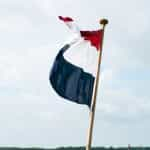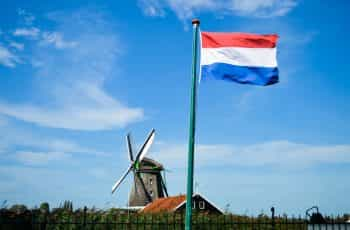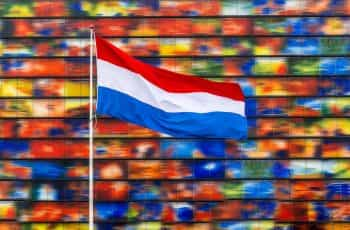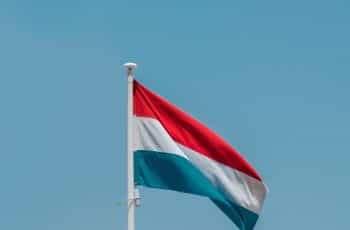LeoVegas Re-Enters the Dutch Gambling Market with a New Domain
After a long two-year wait, renowned iGaming operator LeoVegas has re-entered the regulated market of the Netherlands. After attaining a license from the Dutch Gambling Authority, Kansspelautoriteit (KSA), earlier this year, the BetMGM-owned brand has launched a new domain via which it will offer online casino and sports betting services to Dutch gamblers. LeoVegas operated in the Netherlands until October 2021, when market regulation kicked in.
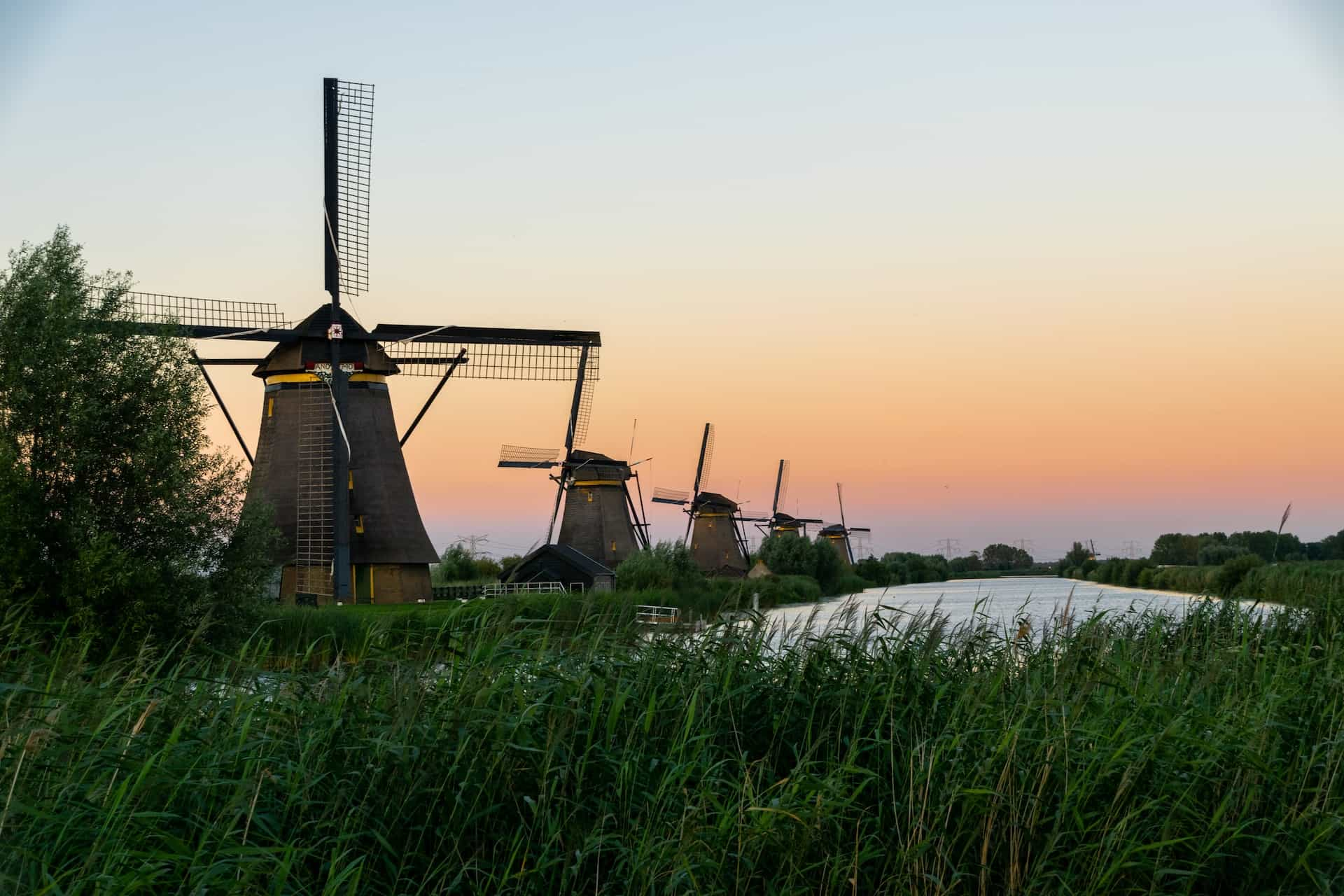
LeoVegas has re-entered the Dutch gambling market.
©Thomas Bormans/Unsplash
Established in 2011, LeoVegas has focused only on the online gambling segment, providing online casino and sports betting services in multiple gambling jurisdictions. Based in Sweden in 2011, the initial objective was to enter the license-based gambling jurisdictions of the Nordic region. Finland and Norway are the only remaining Scandinavian jurisdictions yet to switch from a gambling monopoly to a license-based system. Including the other Nordic regions, LeoVegas has entered nine different regulated gambling jurisdictions via nine brands. Despite being headquartered in Sweden, the operations hub of LeoVegas is in the gambling operator-friendly nation of Malta. The operator also has its own investment arm, LeoVentures, and has invested in and developed other iGaming companies. LeoVegas acquired Winga S.R.L in Italy and Royal Panda in Malta in 2017. Five years after those takeovers, the Sweden-based company received a full acquisition offer worth €603 million from casino and hospitality giant MGM Resorts International. The deal was agreed, and the takeover was completed in August last year.
After becoming a subsidiary of one of the biggest names in the gambling world, LeoVegas made its first major investment by acquiring a majority stake in Push Gaming earlier this year via LeoVentures. The deal was agreed in May, and the acquisition was completed in September. The financial details of this takeover were not publicized. The move was planned according to LeoVegas’ expansion strategy through investments for in-game content creation and distribution. Being an online game developer with an impressive portfolio comprising famous slot titles, in-house developed technology, intellectual property, and development expertise, Push Gaming was the perfect entity to acquire for the MGM-owned operator. The acquisition is expected to strengthen LeoVegas’ content production sector. All Push Gaming employees were retained and have continued developing high-quality games distributed via their platform and remote gaming server. The acquisition of Push Gaming by LeoVegas was consistent with MGM Resorts’ vision to expand its digital gaming presence internationally and grow its capabilities and products over the next several years.
Expansion across the European continent is allegedly the primary objective of LeoVegas. This year, the operator has already launched its iGaming and sports betting brands in Denmark, Germany, and the United Kingdom. LeoVegas has also struck major strategic partnerships with top-tier clubs like Manchester City and Newcastle United. According to the operator, these partnerships will increase visibility in sports and boost brand awareness. Another positive development came in July this year when LeoVegas finally received its online gambling license from the KSA in the Netherlands. The operator was one of many big gambling companies, including Betsson, Kindred, and more, who left the Dutch Gambling market as soon as it became regulated. The main reason behind this exit was not to risk a future return to the jurisdiction. When the KSI took charge of the Dutch gambling market, many unlicensed operators were charged with disciplinary actions, tainting their reputation. Big gambling brands cannot afford that in any regulated gambling jurisdiction.
Hence, LeoVegas withdrew from the Netherlands just before the KSA commenced its regulatory responsibility in October 2021. As a result, LeoVegas confirmed that it lost around six percent of its revenue year-on-year in the final quarter of 2021 due to its departure from the Netherlands. Till 2020, the Dutch gambling market was the sixth-highest-grossing gambling market in Europe with a Gross Gaming Revenue (GGR) of almost €3 billion, behind the United Kingdom, Italy, Germany, France, and Spain. Almost all operators who exited the Netherlands intended to return soon with a valid permit. LeoVegas had the same intention and was aiming for a return last year itself. However, the KSA took longer than expected and granted the five-year permit in July this year. Earlier this month, LeoVegas confirmed the launch of its new domain (LeoVegas.nl) for the Netherlands as it returned to the market after a two-year hiatus. The operator will offer slot games, Dutch-speaking live casino croupiers, and competitive sports betting odds via the new domain.
The CEO of LeoVegas, Gustaf Hagman, was overjoyed after the launch of the operator’s new domain, confirming a much-awaited return to one of Europe’s biggest gambling markets.
“The King of Casino is finally home in the Orange Kingdom! I am delighted that we are taking steps into the Dutch market. The combination of a well-known brand, our platform, and cutting-edge content will make LeoVegas.nl a contender for the leader’s jersey in the Dutch iGaming market.”
Blackpool Signed Shirt Sponsorship Deal with LeoVegas
Earlier this year, in July, LeoVegas announced that it had agreed to a front-of-the-shirt sponsorship deal with English third-division club Blackpool FC. The deal put LeoVegas’ logo on the club’s home, away, and third kit jerseys from the start of the 2023-24 season. In addition to that, the operator’s logo will also feature across the many parts in and around the stadium, including the pitch-side LED boards and even on the static boards that lead to the Bloomfield Road Stadium – the home of Blackpool FC.
The deal benefits both entities but has come during a time when a blanket ban on gambling sponsors is being considered in many European jurisdictions, including the United Kingdom. The Premier League is the top tier of England, and the clubs currently in that division have agreed to get rid of gambling sponsors on the front of their shirts by the end of the 2025-26 season. The lower divisions will follow the directives if the top tier does it. Hence, the LeoVegas-Blackpool FC partnership is not expected to be long-running and will probably conclude before the end after about two years.
B2B Vertical Gains Traction After Positive B2C Results
The B2C segment of LeoVegas has performed really well over the last few years. The revenue and profits are expected to grow with new partnerships and future expansion plans. However, only offering online casino and sports betting services has never been the ultimate goal of the operator. Besides investing in other promising iGaming prospects and being active in the Mergers and Acquisitions segment, LeoVegas also wants to grow in the B2B vertical and offer iGaming solutions to operators worldwide.
In May this year, the Swedish Gambling Authority, Spelinspektionen, granted three five-year B2B licenses to LeoVegas. These licenses have been granted to the LeoVegas-owned Blue Guru Games, which is a game studio, while the other two are for the group’s platforms (PAM). The licenses came into effect at the start of July. The Swedish Gambling Authority decided to introduce B2B licenses into its market during the first quarter of this year. LeoVegas is one of many iGaming solutions providers to hold the Swedish supplier license.
